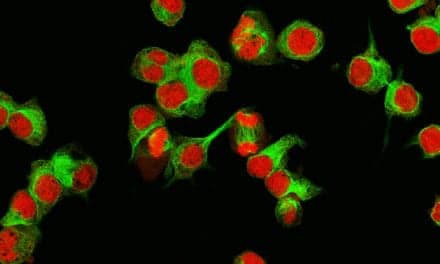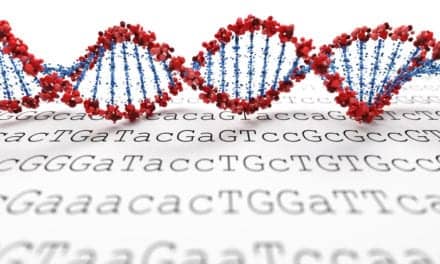New research indicates that colorectal cancer diagnosed at an early age has clinical and genetic features that are different from those seen in traditional colorectal cancer diagnosed later in life.1 The study also revealed certain unique features among especially young patients and those with predisposing conditions.
Although incidence and mortality rates of colorectal cancer have fallen among patients aged 50 and older, early-onset colorectal cancer rates have been increasing over the past 2 decades. To look for differences between early-onset and late-onset colorectal cancer, investigators at the University of Texas MD Anderson Cancer Center analyzed information about more than 36,000 colorectal cancer patients.
The researchers found that younger patients were more likely than older patients to have certain genetic mutations and certain subtypes of colorectal cancer. Also, among patients with early-onset colorectal cancer, very young patients (aged 18–29 years) were distinct from older patients (aged 30–49 years) in terms of the clinical and genetic features of their cancer. Likewise, patients with early-onset colorectal cancer who had predisposing conditions, such as inflammatory bowel disease, had different clinical and genetic characteristics when compared to patients without predisposing conditions.
“We need to appreciate that there are unique biologic subtypes within young patients that may affect how their cancers behave, and may require a personalized approach to treatment,” says senior author Jonathan Loree, MD. “Going forward, special clinical consideration should be given to, and further scientific investigations should be performed for, both very young patients with colorectal cancer and those with predisposing medical conditions.”
Reference
- Willauer AN, Liu Y, Pereira AAL, et al. Clinical and molecular characterization of early-onset colorectal cancer. Cancer. Published online March 11, 2019; doi: 10.1002/cncr.31994.





